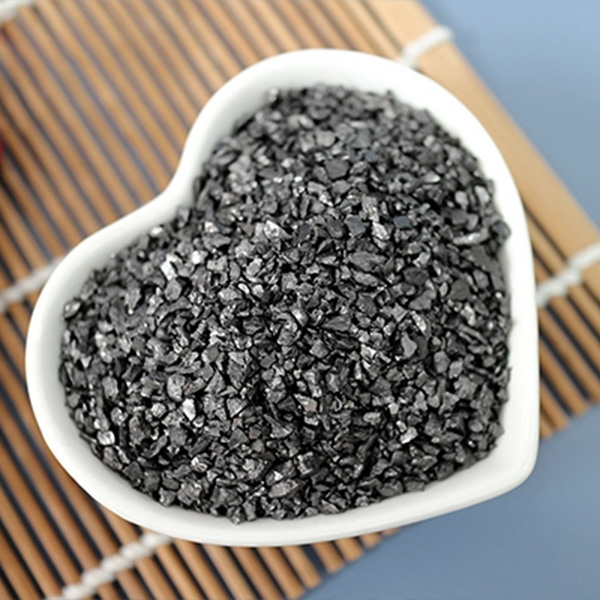China Supplier Additive News - 1-5mm Calcined Petroleum Coke – Yunai
China Supplier Additive News - 1-5mm Calcined Petroleum Coke – Yunai Detail:
Calcined petroleum coke is a key ingredient in the production of aluminum. It is made by placing high-quality green “green” petroleum coke in a rotary kiln, where it is heated to temperatures between 1200 and 1350 ˚C (2192 and 2460 ˚F). The high temperature removes excess water, extracts any remaining hydrocarbons and changes the coke’s crystal structure, resulting in a denser, more conductive product. In a matter of hours, calculated petroleum coke cools from 1350 ˚C to below 0 ˚C, at which point it can be safely handled and transported to storage silos or placed directly into containers, trucks, railcars, barges or ships.
Calcined petroleum coke has a sponge-like structure and plays an important role in the manufacture of anodes. The pores allow the bonded material to penetrate the coke particles and form solid carbon blocks through which aluminum smelters conduct electricity to their ports. By the time the anodes are consumed, aluminum is produced at a rate of approximately 40 tons per 100 tons of petroleum coke. Currently, there are no known commercially viable alternatives to petroleum coke in the manufacture and utilization of aluminum anode smelting.
Most of Yunai’s calcined petroleum coke is used in the primary aluminum industry, while another is used in the steel industry as a recarburizer. Other uses include the production of titanium dioxide, which is used as a pigment in paints, plastics, sunscreens and food coloring.
Specification:
Fixed carbon: 98% min
Sulphur: 0.5% max
Ash: 0.6% max
Moisture: 0.6% max
V.M.: 0.6% max
Size: 2-8 mm, 90% min
Packing : 1MT jumbo big bag
Color: black and gray
Packing details: In 1MT jumbo bags or according to customer requirements.
Cellphone/ Whatsapp/ Wechat No.: +86 19131105692
email: betty@yncarbon.com
Product detail pictures:

Related Product Guide:
We normally believe that one's character decides products' quality, the details decides products' high-quality ,while using the REALISTIC,EFFICIENT AND INNOVATIVE staff spirit for China Supplier Additive News - 1-5mm Calcined Petroleum Coke – Yunai , The product will supply to all over the world, such as: Manila, Singapore, Peru, We firmly think that we have the full capability to present you contented merchandise. Wish to collect concerns within you and build a new long-term synergy romantic relationship. We all significantly promise:Csame excellent, better selling price; exact selling price, better quality.
The factory technical staff not only have high level of technology, their English level is also very good, this is a great help to technology communication.




 Quote Now
Quote Now



